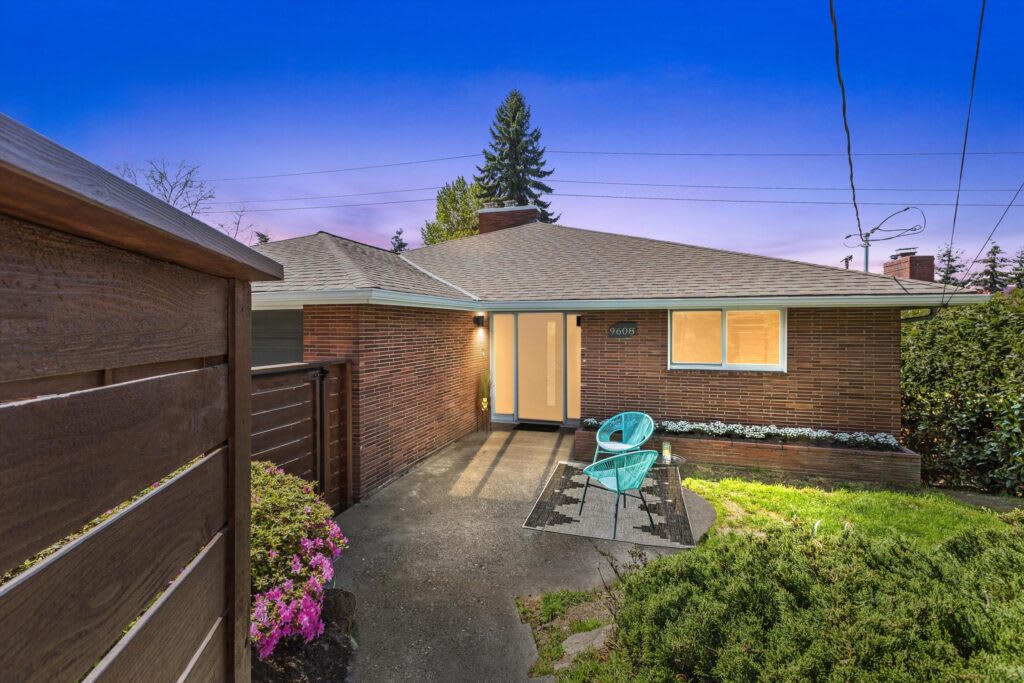Buying a home is one of the most significant financial investments you’ll make in your lifetime. As a buyer, it’s crucial to approach the home buying process strategically and make the most of your negotiating power. Let’s take a look at the top things you can negotiate when buying a house.
Purchase Price
The purchase price is often the most critical aspect of a home sale negotiation. While the seller will have an asking price, it’s essential to research the local market, consider the property’s condition, and be prepared to make a reasonable counteroffer.

Closing Costs
Closing costs can add up to a significant amount of money. Negotiating to have the seller cover some or all of these costs can save you thousands of dollars at closing. It’s a common practice to ask the seller to contribute to the closing costs, but the outcome will depend on market conditions and your bargaining skills.
Home Inspection Repairs
After the home inspection, you may discover issues that need addressing. You can negotiate with the seller to have them make necessary repairs or provide you with a credit to cover the cost of fixing these issues yourself. Ensure that you are clear about what repairs are needed and request a professional inspection report to support your negotiations.
Home Warranty
A home warranty is an insurance policy that covers the repair or replacement of major systems and appliances in your new home. You can negotiate with the seller to include a home warranty in the purchase agreement. This can provide peace of mind and save you money on unexpected repairs in the early years of homeownership.

Inclusions and Exclusions
Negotiate with the seller regarding what items will be included in the sale. Common inclusions are appliances, window treatments, or fixtures. You can also specify items you would like to be excluded, such as personal belongings or specific fixtures. Clearly outlining these details in the contract can prevent disputes later on.
Closing Date
The closing date is another negotiable aspect of a home purchase. Depending on your specific circumstances, you may want to close the deal quickly or need more time to make the transition. Negotiate with the seller to find a closing date that works for both parties.
Contingencies
Contingencies are conditions that must be met for the sale to proceed. Common contingencies include financing, appraisal, and home inspection. You can negotiate the terms of these contingencies to ensure they align with your interests. For instance, you might want to set a specific timeline for these contingencies to be satisfied.
Financing
A popular negotiation tool is to have the seller cover any points or fees for your home loan. The seller can buy down your rate as part of the terms, which can save you a significant amount over the life of your mortgage.
In conclusion, whether you’re in a buyer’s market or a seller’s market, it’s important to know your negotiating power. It will be easier to decide what things you’re willing to concede on and what will be sticking points for you. Learn more here about how we work with buyers.
*Always consult with a financial advisor or mortgage expert to make well-informed decisions on your financial goals and financing.

